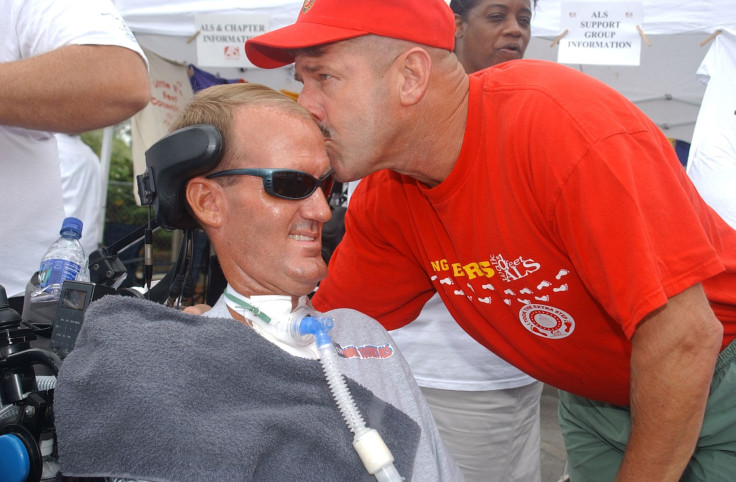Neurological Deaths Spike In US, Western World; Environmental And Social Changes Suspected [VIDEO]

The incidence of neurological disease and a plethora of other health ailments have increased sharply during the past 30 years, coinciding with momentous environmental and social change, according to research published Friday in the international journal Public Health.
Deaths from neurological disease have increased dramatically in Western countries, especially in the U.S., and the onset of disease is earlier during the working-age years, reported Colin Pritchard, a neurology professor at Bournemouth University in the United Kingdom, along with his colleague Dr. Andrew Mayers, and David Baldwin, a professor at the University of Southampton.
Deaths from neurological disease in the U.S. rose 92 percent among women and 66 percent among men between the years 1979 to 2010. In the UK, such deaths among women rose 48 percent and 32 percent among men. In total, more than 14,500 Americans died of a brain disease in 2010, and more than 6,500 in the UK.
"These statistics are about real people and families, and we need to recognize that there is an 'epidemic' that clearly is influenced by environmental and societal changes," Pritchard said.
An explosion in electronic devices, a rise in non-ionizing radiation — from computers, televisions, cell phones — in addition to a fourfold increase in road and air transport with its attendant oil pollution, newer and more chemical additives in our foods. No one environmental and social change can be pinpointed, Pritchard said. Rather, the rise in neurological deaths, cancer diagnoses, and unprecedented levels of asthma, lower sperm counts in men, must be considered holistically and factored together simultaneously.
"This has to be speculative but it cannot be genetic because the period is too short," Pritchard said. All signs point to "multiple environmental factors."
Aside from genetics, Pritchard's team also eliminated longer lifespans as a cause of the jump in neurological deaths, given the fatalities among people younger than age 74 and the early incidence of disease among people younger than 55.
Society must learn and prepare for this greater incidence of neurological disease among younger middle-aged and elderly people, said Tessa Gutteridge, director of YoungDementia UK, a non-profit. "The lives of an increasing number of families struggling with working-age dementia are made so much more challenging by services which fail to keep pace with their needs and a society which believes dementia to be an illness of old age."
The rise in dementia and neurological disease, including an 85 percent increase in the UK in motor neuron disease (known as amytrophic lateral sclerosis or ALS in the U.S.), are taxing society and social services alike, Pritchard said. "These rises in neurological deaths, with the earlier onset of the dementias, are devastating for families and pose a considerable public health problem," he said. "It is [not] that we have more old people but rather more old people have more brain disease than ever before, including Alzheimer's."
The change is evident in the rise of new disease-related charities, including the Young Parkinson's Society and YoungDementia UK, the need for which would have been unimaginable 30 years ago, Pritchard said.
Below is a video on dementia from Alzheimer's Weekly:
Source: Pritchard C, Mayers, A, Baldwin D (2013) Changing patterns of neurological mortality in the 10 major developed countries 1979-2010. Public Health.



























